Ashish Vidyarthi
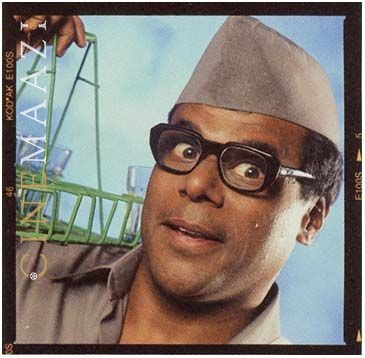
Subscribe to read full article
This section is for paid subscribers only. Our subscription is only $37/- for one full year.
You get unlimited access to all paid section and features on the website with this subscription.
Not ready for a full subscription?
You can access this article for $2 , and have it saved to your account for one year.
- Born: 19 June 1965 (Tellicherry, Kerala)
- Primary Cinema: Hindi
- Parents: Reba Chattopadhyay and Govind Vidyarthi
- Spouse: Piloo Vidyarthi aka Rajoshi (divorced), Rupali Barua
- Children: Arth Vidyarthi
National award-winning actor Ashish Vidyarthi is known for his many impactful performances in antagonist and character roles. With an illustrious career graph, he has acted in various iconic films such as Drohkaal (1994), Is Raat Ki Subah Nahin (1996), Vaastav: The Reality (1999), Kaho Naa... Pyaar Hai (2000), Refugee (2000), LOC: Kargil (2003), Barfi! (2012), Haider (2014) and Begum Jaan (2017). Working predominantly in Hindi cinema, besides Telugu, Tamil, Kannada, Malayalam, English, Odia, Marathi and Bengali films, he has featured in approximately 300 films. In 1995, he received the National film award for best supporting actor for Drohkaal, the Star Screen award for best villain and the best actor award from the Bengali Journalists' Association for Is Raat Ki Subah Nahin (1996), followed by the Filmfare award South for best villain for the Telugu film Athanokkade (2005), and the Nandi award for best character actor award for his work in the Telugu film Minugurulu (2012).
Born on 19 June 1965, his Bengali mother Reba Chattopadhyay was a Kathak guru, while his Malayali father Govind Vidyarthi from Kannur, Kerala, was a journalist and an expert in cataloging and archiving the vanishing performing arts of India for the Sangeet Natak Akademi. He was a student at Mehta Vidyalaya, part of Bharatiya Vidya Bhavan, following which he attended Hindu College in Delhi and graduated with a bachelor's degree in History. His penchant for the performing arts saw him enroll in the National School of Drama, earning a diploma in drama, acting in 1990.
Starting off with films like the Kannada Hijack (1991), he impressed in Ketan Mehta’s biopic Sardar (1993) in which he played Indian civil servant V P Menon, and Vidhu Vinod Chopra’s 1942: A Love Story (1994) in which he played a character named Ashutosh. This was followed by Droh Kaal (1994), Govind Nihalani’s suspense thriller about a dedicated cop who leads an under-cover squad against a group of terrorists. He manages to capture their leader, but finds himself and his family mentally and physically manipulated by the terrorist and his followers. His performance as Commander Bhadra earned him the National Film award for best supporting actor, with praise coming his way for “bringing credibility to his role with strength and total conviction.”
Over the subsequent decades, he has gone on to act, mainly in antagonist roles, in a slew of Hindi films including Naajayaz (1995), Oh Darling Yeh Hai India (1995), Is Raat Ki Subah Nahin (1996), Mrityudaata (1997), Major Saab (1998), Vaastav: The Reality (1999), Kaho Naa…Pyaar Hai (2000), Refugee (2000), Gaja Gamini (2000), LOC: Kargil (2003), Rakta Charitra (2010), Barfi (2012), Haider (2014), and Aligarh (2015).
Post 1999, his career hit a slump and he was faced by a lack of quality work. Believing that the work that he was being offered was lowering his standards, he considered it hurtful for him, as an artist, to reconsider these roles. As a result, he chose to make a fresh start that year with South Indian films.
He went on to work extensively in regional cinema, featuring in films such as Kotigobba (2001), Ezhumalai (2002), Thamizhan (2002), Bombaiyer Bombete (2003), Gudumba Shankar (2004), Athanokkade (2005), Pokiri (2006), Suntaragaali (2006), Thulasi (2007), Chirutha (2007), Prema Pokiri (2007), Kuruvi (2008), Dashavatar (2008), Kannadadda Kiran Bedi (2009), Porki (2010), Adhurs (2010), Mappillai (2011), Khokababu (2012), Awara (2012), Kevvu Keka (2013), Amara (2014), Rokto (2016), Uriyattu (2020), and Writer Padmabhushan (2023).
On the international front, he was a part of the film Nightfall (2000), directed by Gwyneth Gibby, which was shot in Hollywood. It was an adaptation of Isaac Asimov's short tale of the same name. He also lent his voice to the role of Scar in the Hindi version of The Lion King (2019).
His work in television and mini-series includes Shikast (1993), Dastaan (1994), Waaris (2008), 24: India (2016), Tamanna (2016), Trial by Fire (2018), Mission Over Mars (2019), Criminal Justice: Behind Closed Doors (2020), Virkar (2021), Sunflower (2021), Raktanchal (2022), Half Pants Full Pants (2022), Aar Ya Paar (2022), Rudra: The Edge of Darkness (2022) and Rana Naidu (2023).
In an interview in June 2023, he had opened up about why he has had to explore different genres and languages. “Nothing was by my design. It is just because of the choices that I kept making. For me, what was important was that I had to put food on the table, so when I was not getting interesting work in Hindi, I chose to work down South. I started afresh because I was not known in the Southern cinema. For me, work has been a part of my life, but I have never had the privilege where I am just sitting and people offer me work. I had to look for work all my life.”
In an Instagram post in June, he mentioned how he was ‘open to work and shall always be.’ He wrote, “Our work should speak for us, as part of our extended identity, not as our whole identity, but something that we must be proud of. We spend all of our glorious years, our youth, working towards creating a better future for ourselves and for those dependent on us. But why should these important years of our life be something that we feel embarrassed to talk of, ashamed of, or even find ourselves belittled to speak about?”
He is the co-founder of Ashish Vidyarthi & Associates-Avid Miner, conducting workshops in public speaking, mindset coaching, self-development and leadership development.
On the personal front, he married Piloo Vidyarthi aka Rajoshi in 2001. They have a son Arth. The couple filed for mutual divorce in 2022. He married Rupali Barua in 2023. News of his marriage drew negative comments from trolls, who mocked his age. Questioning the naysayers, he asked why he cannot seek happiness and companionship at his age. He said, “I read words like ‘buddha-khoosat (old)’ and many more derogatory words. What is interesting is that it is a comment (being a buddha) that each one of us, whoever is saying that, we are passing on others who are older than us, and at the same time, we are giving that fear to ourselves, because each one of us, hopefully, will become old. We are telling ourselves, ‘Hey, listen, don’t do things just because you’re old.’ So, does that mean you’re supposed to die unhappy? If somebody wants companionship, why should he not?” He also underlined the importance of being able to live freely, and making choices for oneself without any prejudice.
-
Filmography (21)
SortRole
-
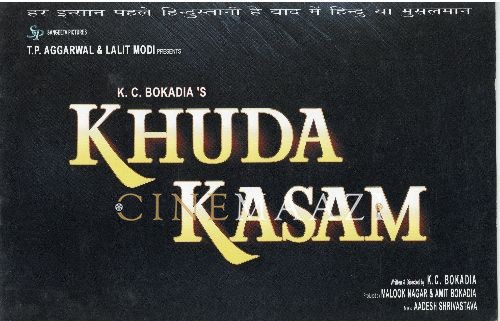
Khuda Kasam 2010
-
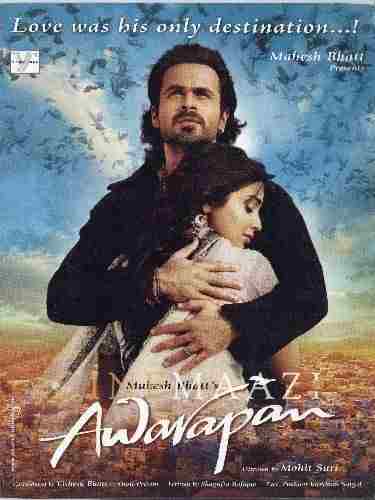
Awarapan 2007
-
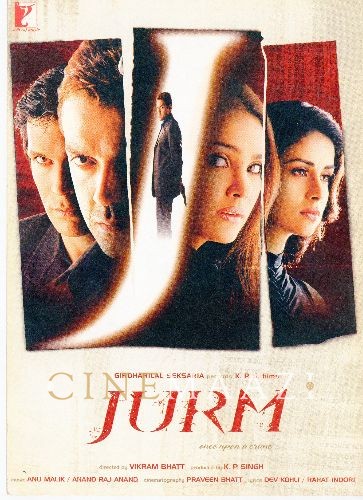
Jurm 2005
-
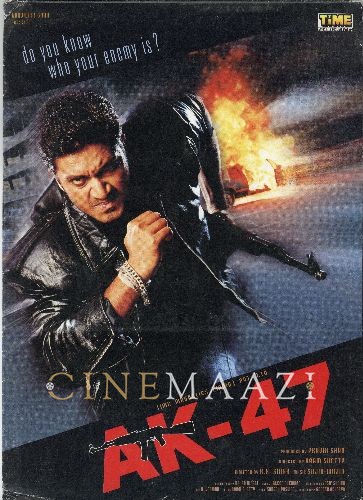
AK 47 2004
-
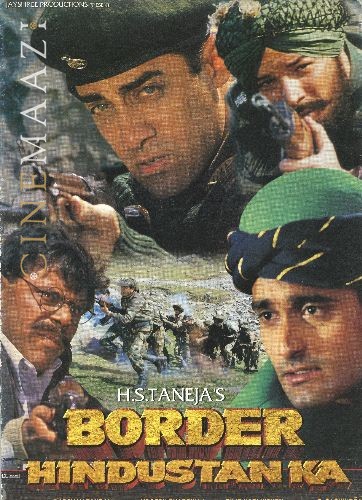
Border Hindustan Ka 2003
-
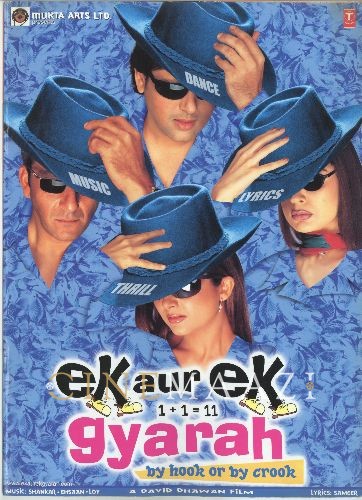
Ek Aur Ek Gyarah 2003
-
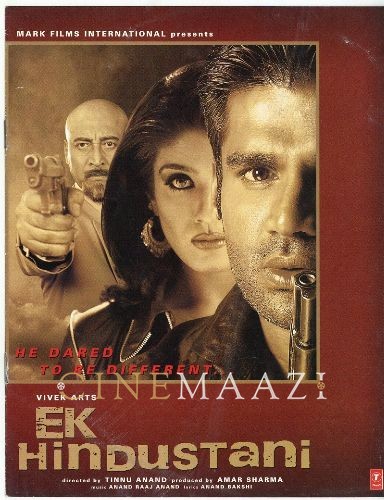
Ek Hindustani 2003
-
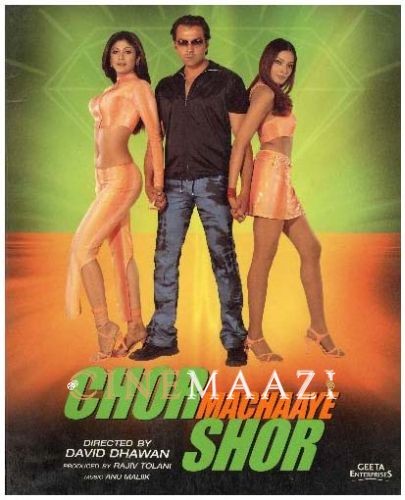
Chor Machaaye Shor 2002
-
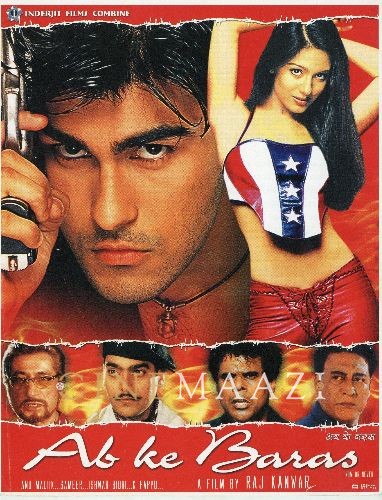
Ab Ke Baras 2002
-
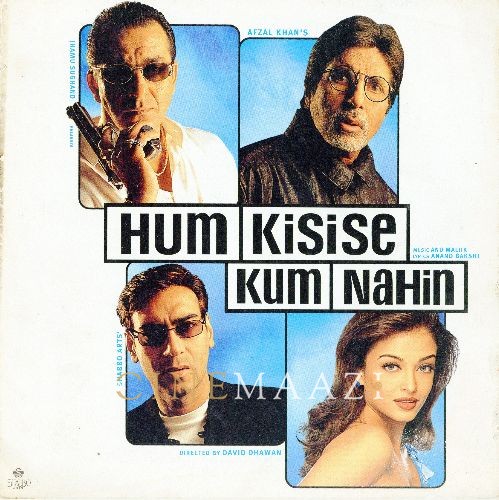
Hum Kisise Kum Nahin 2002
-

Joru Ka Ghulam 2000
-
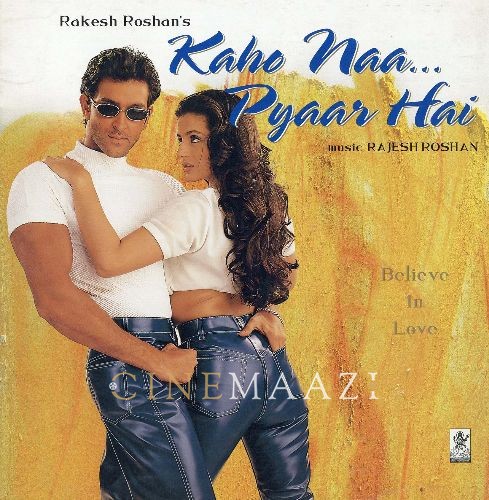
Kaho Naa…Pyaar Hai 2000
-




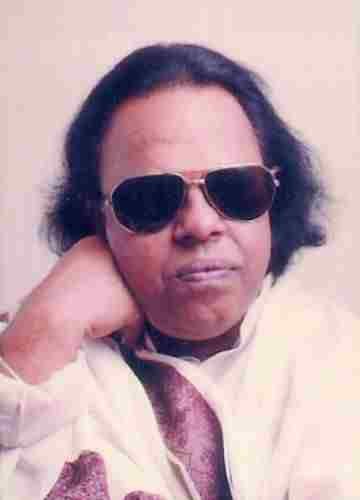
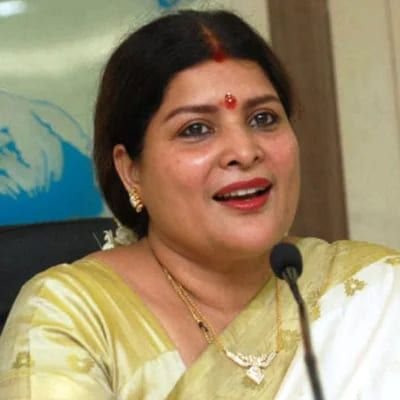
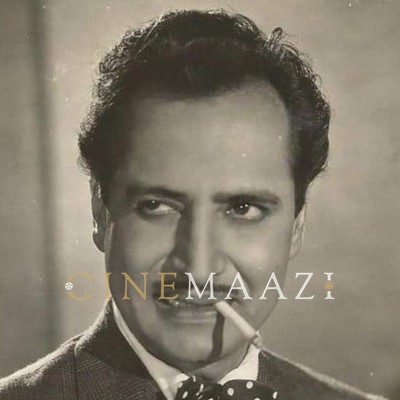

.jpg)



